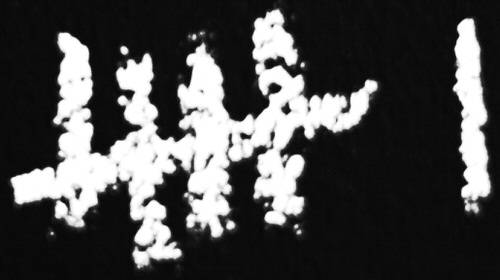
The new Six Strikes anti-piracy program major ISPs rolled out last week — officially known as the Copyright Alert System — is geared toward catching those allegedly pirating copyrighted movies and games and, well, inconveniencing them until they stop. It’s framed as an educational tool, but given that the participating Internet service providers are bound by no unifying or mandatory rules, there’s a degree of uncertainty as to exactly what you can expect should you pop up on your ISP’s anti-piracy radar.
Wonder no more. Here’s a handy graphic that outlines exactly what we know about how the five major ISPs in the U.S. plan to use the system and how it will affect your Internet use. (Let us know what you think in comments.) Also, following the graphic: How Six Strikes may get you hacked.

What Could Possibly Go Wrong?
There’s a lot of ambiguity about what happens after six strikes, and neither the ISPs nor the Center for Copyright Information (CCI) have clarified what consequences await customers who get that far. Daniel Nazer, a staff attorney at the Electronic Frontier Foundation, told me that “Strike Seven” might simply amount to Big Copyright hauling alleged infringers into court.
But there are other big problems. Nazer, for instance, argues that the system’s pop-ups and alerts could easily provide cover for hackers to impersonate ISPs in order to seed malware and launch phishing attacks. “Given the scale of this and the kind of ways they’re looking to contact their customers with emails and browser locks, it may be a particularly attractive target for malware,” Nazer told me.
The open-source development blog FunnyMonkey calls Six Strikes “the best phishing opportunity ever” and “a gift to people looking to steal credit card information and other personal information.” Too bad the CCI’s Web site is silent on the risk of would-be phishers impersonating or hijacking its alerts.
Lead image modified from this image via Flickr user patersor, CC 2.0
Infographic courtesy of Neo Mammalian Studios

















